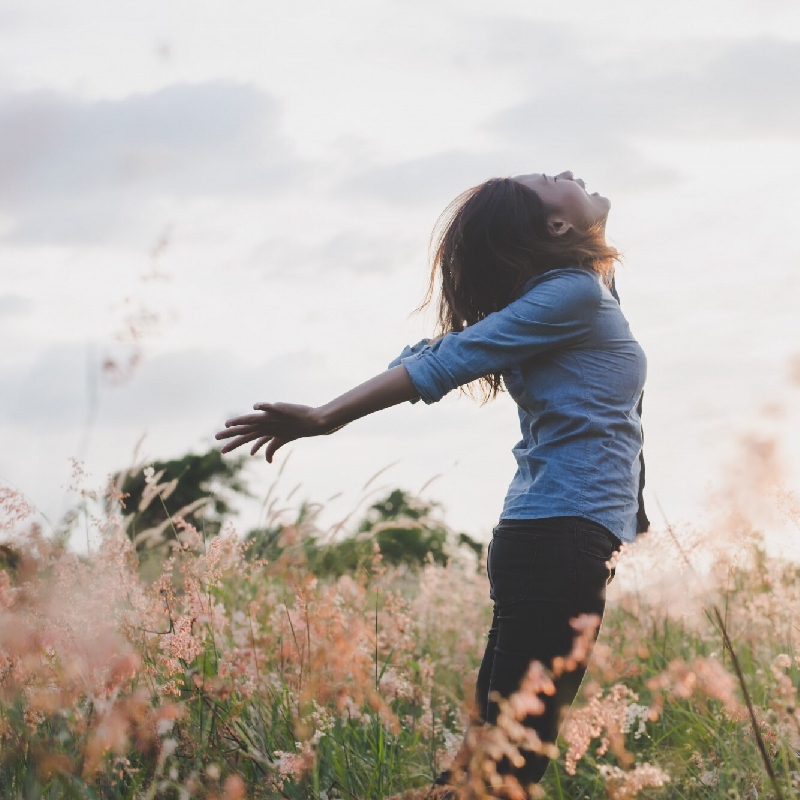Today they have arrived generously, free and fortuitous a huge number of interesting readings.
The Google Drive file was titled ‘Gender Materials, Feminism and sexual dissent ’.
It was promising, But when you open the file my expectations have been far exceeded.
Among the books that first caught my attention was this of Carme Valls Llobet entitled 'Women, health and power’.
I have immediately read it and then I have found asking for it on paper since, Although this immediacy goes a lot with my most enthusiastic part, I still prefer to have those books that inspire me and help me in my paper work for future consultations.
A few pages to start, there for twenty -five, I have found this reflection close to the health definition that I liked so much and to share it here with you.
So much that I have made me want to shout at the winds, live Carme!
What does it mean to have health? Health as freedom.
I like the definition of health as a process to achieve personal autonomy, Solidarity and joyful, that Jordi Gol and Gorina coined at the First Congress of Catalan Physicians and Biologists, To flee from the concept of health as the absence of disease, which continues to overlap two terms that should be defined separately.
F. Peter emphasizes that there are two dominant health models. The one who calls positivist, related to an idealist promotion of a psychic welfare state, physical and social, As the OMS definition says, and the one who calls biomedical which refers to the avoidance of diseases.
None of them are sufficiently involved with equity problems.
Suggests a third model that describes how health as freedom, in which it joins the two previous concepts but emphasizes the need to enhance the personal decision capacity, The empowerment of individuals, of access to resources to have healthier lives, More than giving information or medications to combat risks that could change modifying life habits.
Maybe you ask yourself why I like this review of the definition so much.
Until now I have taken the flag that they classify here as an idealist, WHO definition. However, as a health professional, I am increasingly focused on promoting the individual resources of my users, It seems essential to return to people the ability to listen to their bodies, Recognize symptoms, the signs that send their organisms when something is not going well and do it early. And for this it is essential to know how to listen, Be deeply open to receive information on how it is being the particular experience of that human being, that feels, that intuits and what does what is happening for her..
Exit the expert to place yourself in the companion's place, facilitating that person's relationship with his own body. And giving autonomy to decide which path considers most appropriate to attend what is expressing yourself.
This is a paradigm change since they educate us to be experts, To be we who have the answers of what happens to you. And on the other side, as users of the health system, To look out what we need to get ahead. ‘Tell me what happens to me and what can I do’.
From my point of view, The health professional has to be an open and respectful companion to the individual reality of the human being in front and above all must have developed the ability to listen with the whole body.
And for that it is essential that you have worked to learn to listen to your own body.
That means being able to detect in yourself what you are awakening with that person, what has to do with her and what is yours to be able to leave it aside and be completely willing to understand what you are not, And that you can never know as well as the person who belongs to him and from that understanding to be able to accompany, Inform and facilitate in an efficient and respectful way.


